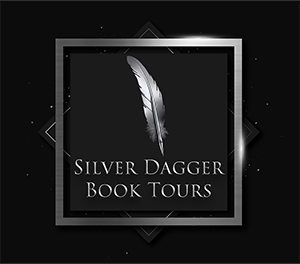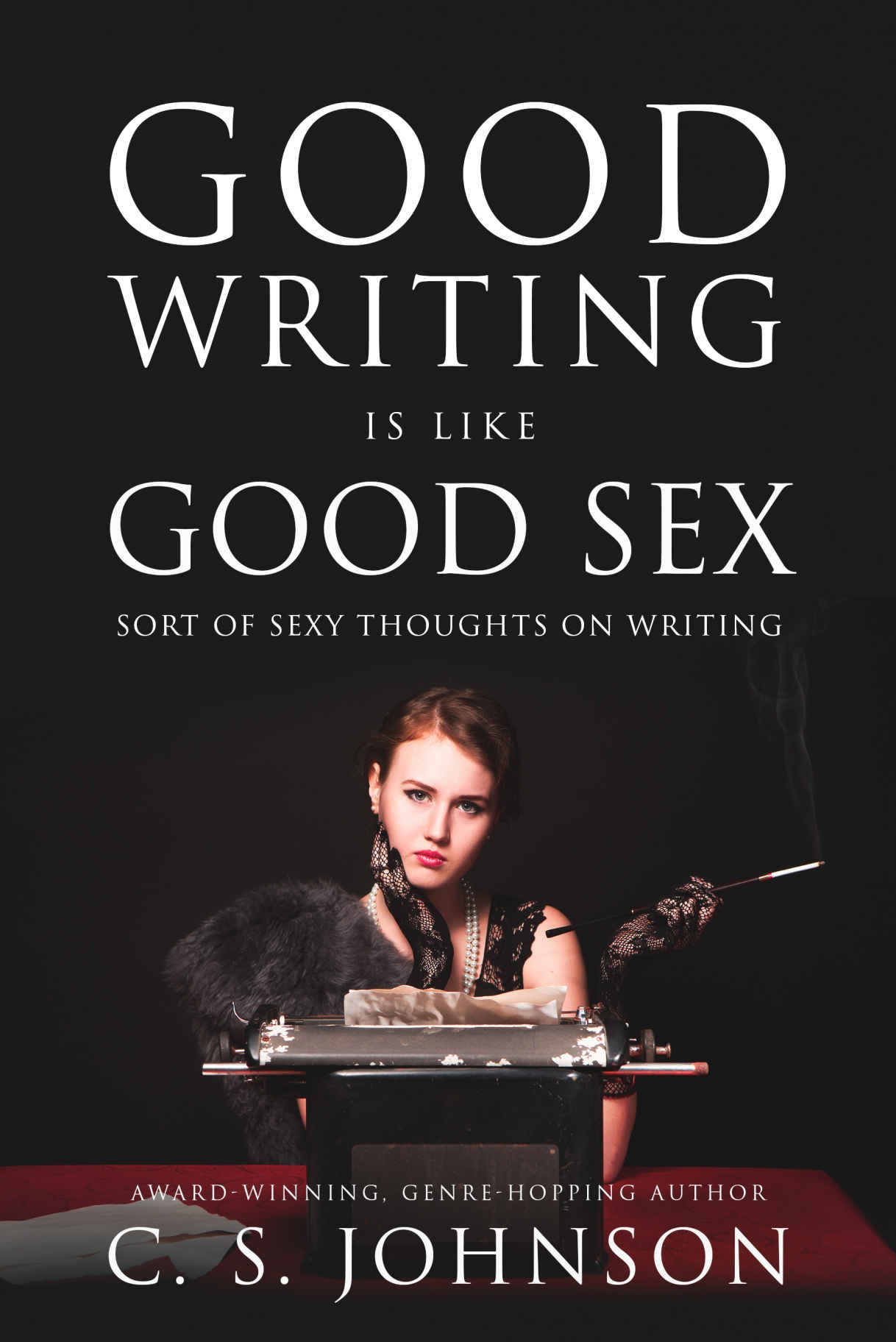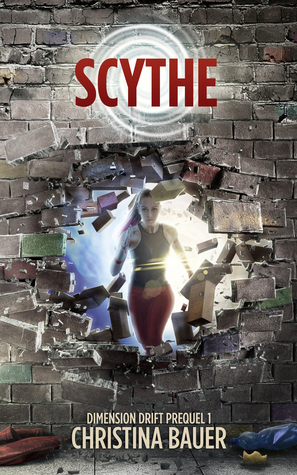Unravel the secrets to crafting a masterful magic system from best-selling fantasy author Charlie N. Holmberg.
Charlie N. Holmberg’s Book of Magic
By Charlie N. Holmberg
Nov 12, 2024
Genre: Speculative Nonfiction, Writing Self-Help
Unravel the secrets to crafting a masterful magic system from best-selling fantasy author Charlie N. Holmberg.
Whether using magic as flavor or as an essential piece of plot, this book will guide fantasy authors, from new to experienced, through the delicate layers of creating, utilizing, and mastering magic systems.
In this book, we will...
*Discuss the schools, laws, and spectrum of magic
*Learn to build individual pieces of a magic system
*Dig into magic’s influence on worldbuilding
*Examine different types and styles of magic
*Develop and polish original magic systems
With workshops, work pages, and reference materials included, this succinct one-and-done guide to crafting the magical elements of the fantasy genre is a must-have for speculative fiction authors.
“If you haven’t had the fortune of attending one of Charlie’s writing classes (which I have), this is the next best thing. Book of Magic contains so much wit, wisdom, and practical suggestions for helping any beginning author, or veteran, make their magic systems rise up and be noticed. She uses expert examples from other authors you know as well as teaching a masterclass on developing magic systems from scratch based on methods she’s invented. You just may need this book to help find out what kind of magic-based diseases might be festering in your neighbor’s cabbages.” —Jeff Wheeler, Wall Street Journal bestselling author of the Kingfountain series
Originality
Before we get into the bones of building a magic system, I want to take a page or two to discuss originality.
Originality really is what separates a lot of books and a lot of authors. In fantasy, it’s tempting to default to an “easy” magic system so we can focus on storytelling. This isn’t necessarily a bad thing—if I want to start my story in medias res , with a man being assaulted by a vampire in an alleyway, all I have to do is say “vampire” and the antagonistic force is set. I don’t have to waste time grounding the reader, because vampires are so common, I can start the story with no learning curve. And if I’m trying to hook readers on the action, then this is absolutely a tool I’m going to use.
Books can employ simple or preset magic systems when the goal is flavor, highlighting power, or invoking a fantastical setting. Easy magic has a shallow learning curve, and therefore can attract more readers, especially those unused to the conventions of the fantasy genre. But for those who want magic to be a large part of the story—tied in deeply with characters and plot—take a moment to differentiate yourself from the books that may sit beside yours on the shelf (or above and below you on the Amazon scroll). Take your time with it—don’t rush development. Great magic systems, like great stories, need time to marinate in your brain before they come to life on paper.
A few tips to spark originality:
Take note of what’s currently saturating the market and avoid it. If you bank off writing to market, then jumping on the bandwagon of what’s hot now can pay off in the short term. However, if you want something to stand out in one of the many slush piles of traditional publishing, or you want to guarantee your book will still be interesting ten years from now, consider taking the untrodden path.
Take a “done” magic and make it different. If your heart is set on elemental magic or powered-up tattoos, that’s okay! Just put a unique twist on it. This is what Stephenie Meyer did with Twilight. She took vampires (done, done, and done) and made them her own. This is also why you can have two books with seemingly similar magic systems and have completely different stories. Case in point, both Brent Weeks’ Lightbringer trilogy and Brandon Sanderson’s Warbreaker use color-based magic. But the magic is explored in such fundamentally different manners that the casual reader would never dream of comparing them.
In regard to my Paper Magician series, I wasn’t the first person to think of magical origami (though at the time, driving in my car between Idaho and Utah, I thought maybe I was). Paper magic is also in the 1999 manga series Read or Die, for instance. But my expanding paper magic into the realm of manmade materials made it unique. If you’re trying to turn heads, you don’t need an entirely unique, never-seen-before magic system (or hey, let the book’s premise be the unique element and go ahead and write about fairies or fire or whatever makes your id happy). You can have something familiar with a unique twist or quirk.
Make a list. This process can be done with any aspect of brainstorming, not just magic. Make a list of whatever it is you need to figure out, such as what kind of creature will innately possess magic in your story (more on this in Chapter 6). And just start vomiting out ideas. The further down the list you get, the harder your brain is working, and the more original your ideas will be. (Note that going too far down the list might leave you with something too bizarre to realistically work with.)
For example,
1. Unicorns
2. Vampires
3. Pegasi
4. Flying frogs
5. Flying fish
6. Giant bats
7. Giant butterflies
8. Wolves with butterfly wings
9. Forest-eating caterpillars
10. Three-headed snakes
Based on that list (which I literally did write off the top of my head and have not changed from the rough draft of this book for the sake of reality), I really like the idea of forest-eating caterpillars. And they can transform into giant butterflies, so that’s a two-for-one.
Remember, more often than not, simpler is better. It’s really easy for us to go overboard with our worldbuilding and open a giant can of worms that will devour and suffocate our readers, so it’s important to keep it simple. Take a moment and think of the best magic systems you’ve read in your favorite books. More likely than not, you could explain them to someone quickly and concisely. Getting too complex with magic steepens the learning curve and frustrates readers.
Rule of thumb? If you, the author, have to continually look at your notes to remember how your magic works, your reader isn’t going to stick around to learn it.
1 Meaning “in the middle” of the action.
2 A la Freud: id, ego, super-ego. The id is your carnal desire, your impulses, your pleasure center.Before we get into the bones of building a magic system, I want to take a page or two to discuss originality.
Originality really is what separates a lot of books and a lot of authors. In fantasy, it’s tempting to default to an “easy” magic system so we can focus on storytelling. This isn’t necessarily a bad thing—if I want to start my story in medias res , with a man being assaulted by a vampire in an alleyway, all I have to do is say “vampire” and the antagonistic force is set. I don’t have to waste time grounding the reader, because vampires are so common, I can start the story with no learning curve. And if I’m trying to hook readers on the action, then this is absolutely a tool I’m going to use.
Books can employ simple or preset magic systems when the goal is flavor, highlighting power, or invoking a fantastical setting. Easy magic has a shallow learning curve, and therefore can attract more readers, especially those unused to the conventions of the fantasy genre. But for those who want magic to be a large part of the story—tied in deeply with characters and plot—take a moment to differentiate yourself from the books that may sit beside yours on the shelf (or above and below you on the Amazon scroll). Take your time with it—don’t rush development. Great magic systems, like great stories, need time to marinate in your brain before they come to life on paper.
A few tips to spark originality:
Take note of what’s currently saturating the market and avoid it. If you bank off writing to market, then jumping on the bandwagon of what’s hot now can pay off in the short term. However, if you want something to stand out in one of the many slush piles of traditional publishing, or you want to guarantee your book will still be interesting ten years from now, consider taking the untrodden path.
Take a “done” magic and make it different. If your heart is set on elemental magic or powered-up tattoos, that’s okay! Just put a unique twist on it. This is what Stephenie Meyer did with Twilight. She took vampires (done, done, and done) and made them her own. This is also why you can have two books with seemingly similar magic systems and have completely different stories. Case in point, both Brent Weeks’ Lightbringer trilogy and Brandon Sanderson’s Warbreaker use color-based magic. But the magic is explored in such fundamentally different manners that the casual reader would never dream of comparing them.
In regard to my Paper Magician series, I wasn’t the first person to think of magical origami (though at the time, driving in my car between Idaho and Utah, I thought maybe I was). Paper magic is also in the 1999 manga series Read or Die, for instance. But my expanding paper magic into the realm of manmade materials made it unique. If you’re trying to turn heads, you don’t need an entirely unique, never-seen-before magic system (or hey, let the book’s premise be the unique element and go ahead and write about fairies or fire or whatever makes your id happy). You can have something familiar with a unique twist or quirk.
Make a list. This process can be done with any aspect of brainstorming, not just magic. Make a list of whatever it is you need to figure out, such as what kind of creature will innately possess magic in your story (more on this in Chapter 6). And just start vomiting out ideas. The further down the list you get, the harder your brain is working, and the more original your ideas will be. (Note that going too far down the list might leave you with something too bizarre to realistically work with.)
For example,
1. Unicorns
2. Vampires
3. Pegasi
4. Flying frogs
5. Flying fish
6. Giant bats
7. Giant butterflies
8. Wolves with butterfly wings
9. Forest-eating caterpillars
10. Three-headed snakes
Based on that list (which I literally did write off the top of my head and have not changed from the rough draft of this book for the sake of reality), I really like the idea of forest-eating caterpillars. And they can transform into giant butterflies, so that’s a two-for-one.
Remember, more often than not, simpler is better. It’s really easy for us to go overboard with our worldbuilding and open a giant can of worms that will devour and suffocate our readers, so it’s important to keep it simple. Take a moment and think of the best magic systems you’ve read in your favorite books. More likely than not, you could explain them to someone quickly and concisely. Getting too complex with magic steepens the learning curve and frustrates readers.
Rule of thumb? If you, the author, have to continually look at your notes to remember how your magic works, your reader isn’t going to stick around to learn it.
1 Meaning “in the middle” of the action.
About the Author:
Website-Facebook-XAmazon-Goodreads
Charlie N. Holmberg is a Wall Street Journal and Amazon Charts bestselling author of fantasy and romance fiction, including the Paper Magician series, the Spellbreaker series, and the Whimbrel House series, and writes contemporary romance under C. N. Holmberg. She is published in over twenty languages and is a Goodreads Choice Award, ALA, and RITA finalist. Born in Salt Lake City, Charlie was raised a Trekkie alongside three sisters who also have boy names. A BYU alumna, she discovered in her thirties that she’s actually a cat person. She lives with her family in Utah. Visit her at www.charlienholmberg.com.
Website-Facebook-XAmazon-Goodreads
Charlie N. Holmberg is a Wall Street Journal and Amazon Charts bestselling author of fantasy and romance fiction, including the Paper Magician series, the Spellbreaker series, and the Whimbrel House series, and writes contemporary romance under C. N. Holmberg. She is published in over twenty languages and is a Goodreads Choice Award, ALA, and RITA finalist. Born in Salt Lake City, Charlie was raised a Trekkie alongside three sisters who also have boy names. A BYU alumna, she discovered in her thirties that she’s actually a cat person. She lives with her family in Utah. Visit her at www.charlienholmberg.com.
GIVEAWAY
Follow the tour HERE for special content and a giveaway!
Signed Book – 3 winners, US only,
$10 Amazon giftcard – 1 winner, WW
a Rafflecopter giveaway
Follow the tour HERE for special content and a giveaway!
Signed Book – 3 winners, US only,
$10 Amazon giftcard – 1 winner, WW
a Rafflecopter giveaway























